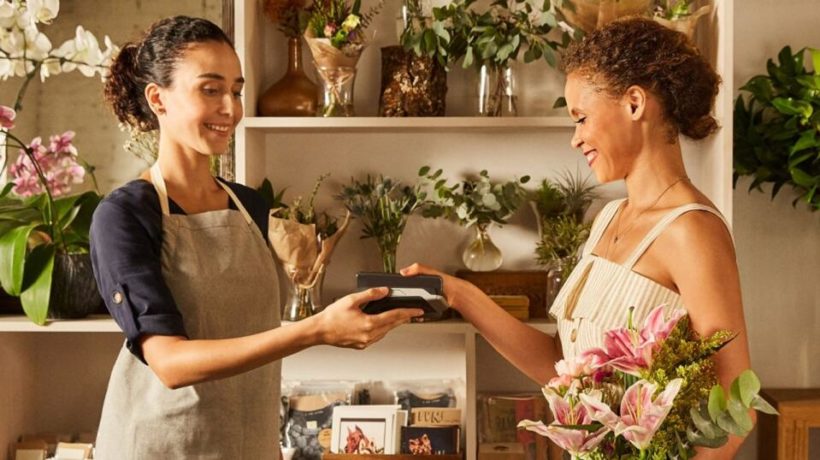As the COVID-19 delta variant spreads and the pandemic shows no signs of slowing down, experts say that people across the world are now having an easier time getting around restrictions related to vaccination status – by purchasing fake vaccine cards online. As more and more South Africans get vaccinated and facilities mandate vaccines for entry, fake vaccine cards are likely to become a challenge going forward.
Some parts of the world, like New York and California, have introduced their own digital vaccine cards. The South Korean tech company, Samsung, has come up with their own solution for this challenge. Samsung devices that support Samsung Pay can now (in the US) store digital versions of users’ COVID-19 vaccination cards, through a partnership with healthcare nonprofit The Commons Project, the smartphone company announced.
Users have to first download the free CommonHealth app from the Google Play store and follow the instructions to access their COVID-19 vaccine record, from participating pharmacies, health systems, and health providers (not all providers are connected to the system yet). Once the user has access to their COVID-19 credential within the CommonHealth app, they can add it to their Samsung Pay wallet. The Covid-19 Vaccine Pass will then be available on the Samsung Pay app home page.
In June, Google announced that it had developed similar technology for all updated Android phones and that it was seeking vaccination providers. And Apple has said the iPhone’s next operating system, iOS 15, will offer a similar feature when it is released later this year.
The next stage in this process may be to get restaurants, schools, offices, or other places that may require proof of vaccination, to accept these electronic versions.
In the US, the electronic COVID vaccine card has been a bit slow to catch on, but there’s been some progress. In June, Google opened up Android’s built-in passes system to let Android users store a digital vaccine card, on their phones. Available first in the US, it will rely on support from healthcare providers, or other organizations authorized to distribute COVID vaccines.
Concerns have also been raised about privacy and securing health data once digital vaccine cards are adopted. This concern has fuelled the preference for cardboard vaccine cards. Currently it seems there’s a need for more innovation with vaccine cards to avoid fakes and violation of privacy and possibly manipulation of vaccine status online.
A better quality vaccine card with digital elements may be a safer compromise than cardboard cards and complete digital versions. Innovators in South Africa should take on this challenge and potentially develop the next version of digital health records.
Wesley Diphoko is the Editor-In-Chief: FastCompany (SA) magazine







